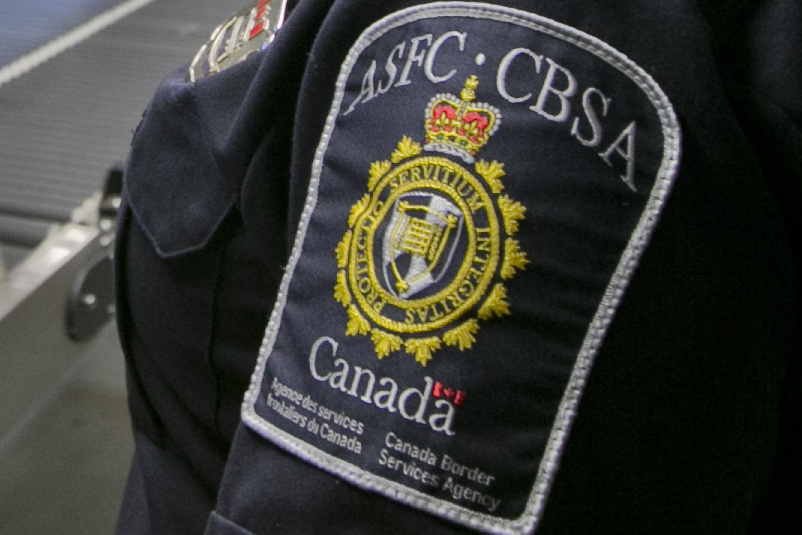(Ottawa) A quarter of Canadian Border Services officers said they had witnessed firsthand acts of discrimination by co-workers against travelers in the past two years alone.
Posted yesterday at 6:25am
Among respondents, 71% said the discrimination was based in whole or in part on the “race” of travelers, and more than 75% stated nationality or ethnic origin.
This data was extracted from a survey conducted as part of the CBSA’s internal assessment. This analysis looked at how border officials treat travelers in terms of gender, “race,” ethnicity, religious belief, age, and physical or mental disabilities. as well as the interactions between all these factors.
The Canada Border Services Agency (CBSA) recently announced on its portal the results of this assessment, which primarily focuses on travelers arriving in the country by air.
As part of this research, 922 agents and supervisors were interviewed between March 2 and March 22, 2020.
Among respondents who admitted seeing their colleagues commit discriminatory acts, just over two out of five officers did not report the facts. Some justified their silence by fear of retaliation or simply by feeling uncomfortable.
Only 16% of officers who witnessed discrimination reported what they saw. However, some revealed that they encountered obstacles in trying to report injustice. Others said they were not taken seriously or that no action was taken after they were reported, the report said.
The report argues that passenger screening activities do not intentionally target people based on their perceptions of their “race” or ethnicity. The agency uses a combination of information sources, such as global trends and various reports, in developing scenarios that are constantly revised for human rights and other considerations.
However, the CBSA recognizes that some practices can have unintended consequences that lead to an increased representation of racist communities in the crosshairs of law enforcement.
Furthermore, the report’s authors deplore the fact that too little data is available to analyze the behavior of CBSA officers according to the racial or ethnic peculiarities of travelers.
According to the authors, if complaints are filed in connection with a case of racial discrimination, the agency will not be able to establish whether or not its practices were discriminatory. Changes are required in data collection practices as well as in processing and archiving.
The vast majority of survey respondents said they agreed that their personal and unconscious biases should be acknowledged in order to do their job well.
In conclusion, the CBSA’s internal assessment makes several recommendations, including a call for the establishment of an effective process to denounce acts of discrimination against travelers without fear of reprisals from officers.
In a response given in the report, the Canada Border Services Agency approved and committed to the establishment of this mechanism this year.

“Subtly charming problem solver. Extreme tv enthusiast. Web scholar. Evil beer expert. Music nerd. Food junkie.”

